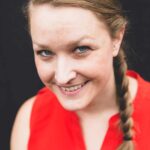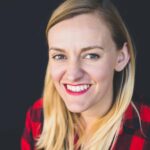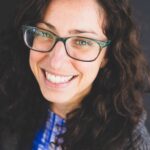17 Dec Fieldwork Coordinator Update – Dec 2020, Part 2
Title:
Fieldwork Coordinator Update – Dec 2020, Part 2
Date of Activity / Lesson:
Dec 2020
Location:
Homes, Backyards, Neighborhoods
Description:
Kindergarten: Family and Identity
Location:
Homes, Backyards, Neighborhoods
Description:
Kindergarten: Family and Identity
Description:
Kindergarten: Family and Identity
This fall the kindergarten class explored family diversity through close examination of people, place and time. We focused our study by looking closely at identity: What are the characteristics that make us who we are and how closely are they related to the place we live, the people we come from, history, historical events and the time in which we live? The kindergarteners considered the elements of self-identity and discussed how our beliefs, ideas, interests and appearance influence our sense of self. We then “traveled” to the Portland airport where we looked closely at the PDX mural entitled A Place Called Home to explore cultural, racial identity and diversity. We traveled in time through the creation of family trees, timelines, family artifacts and artistic representations of “identity” at The Portland Art Museum. The kindergartners shared how their families are unique through “family gifts,” recipes, and special places. We discovered diversity within our small kindergarten community and learned that the “Beauty of the world lies in the diversity of its people.”
– Kindergarten Teacher, Kimberley Bonder
6th Grade: The Medical School of Colombo
This Fall, the 6th graders were gifted a free ride to the University of Colombo Medical School. In this hands-on unit, the students explored what it means to be human, looked deep into the organs and tissues that make us up, created cell models and analogies, bred marshmallow insects to explore genetics, and even dissected at home. The students taught each other about each body system to prepare for the MCAT (a tough exam on all the body systems). It was a proud moment when all the hard work paid off!
– 6th Grade Teacher, Lisa Colombo
- Candy model of a plant cell
- Dissecting at Home
- University of Colombo Medical School
7th/8th Grade: Trash and Recycling
This fall we took an extensive look at the system of extraction and deposition we call “trash.” We started with the foundational fact that just by being alive we naturally produce byproducts, like any living organism. We looked at how humans are different from other organisms around the planet in how we use what is around us. We then explored the definition of “trash” and how it can change based on who is looking at an item. We extended this concept in our exploration of the Honorable Harvest through Robin Wall Kimmerer’s book Braiding Sweetgrass. Students read passages from Kimmerer’s book about the topics of Honorable Harvest and gratitude. Each time students seamlessly made connections between how we live and what we end up throwing away.
We also looked at the amount of trash in each of our neighborhoods by taking walks for three different days in the same areas to see what litter we could find. We were able to understand this data better through graphing and discussion. We used online resources from Metro to explore their transfer station, watch videos about what happens to trash after it is picked up from the curb, and even welcomed a Master Recycler as a guest speaker. Students took their foundational knowledge and created their own questions which drove 90% of our talk with Master Recycler, Colleen Johnston. Students really appreciated how Colleen was able to answer all of their questions! Using this experience students then created surveys about trash and recycling to learn more about how our community deals with these essential parts of being alive. The culmination of the unit had students analyzing the results of those surveys and presenting that data to each other.
Students also looked at the concept of Fast Fashion through our partnership with artist and author Nina Montenegro. Nina presented on how Fast Fashion creates a plethora of negative impacts, from the working conditions of those who are making the materials and clothing we buy, to the environmental impact of waste water from where the cloth is dyed, to actual clothes and how they are thrown away once the next fashion comes out. Nina also presented the concept of Slow Fashion as a response to the overproduction and wasteful practice of fast fashion. By reading excerpts from Nina’s book, Mending Life, students learned the concepts of mending and were tasked with mending an article of clothing as a small action project to reduce the impact of clothing waste. Our last class of the term students presented the results of their mending, their data from the surveys, and reflected on what they learned about trash and our part in the system.
– 7th/8th Grade math and science teacher, Chris Wyland
- Master Recycler, Colleen Johnston
- Mending Life: Co-authored and illustrated by Nina Montenegro
- Items needing mending
- Mended garments
The Cottonwood School of Civics and Science Teachers and Sarah K. Anderson, Fieldwork Coordinator, The Cottonwood School of Civics and Science
Stay tuned for more updates of Place-Based Education (PBE) adventures at The Cottonwood School of Civics and Science.
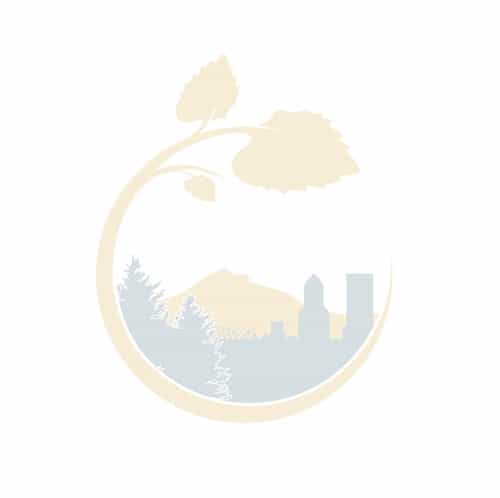




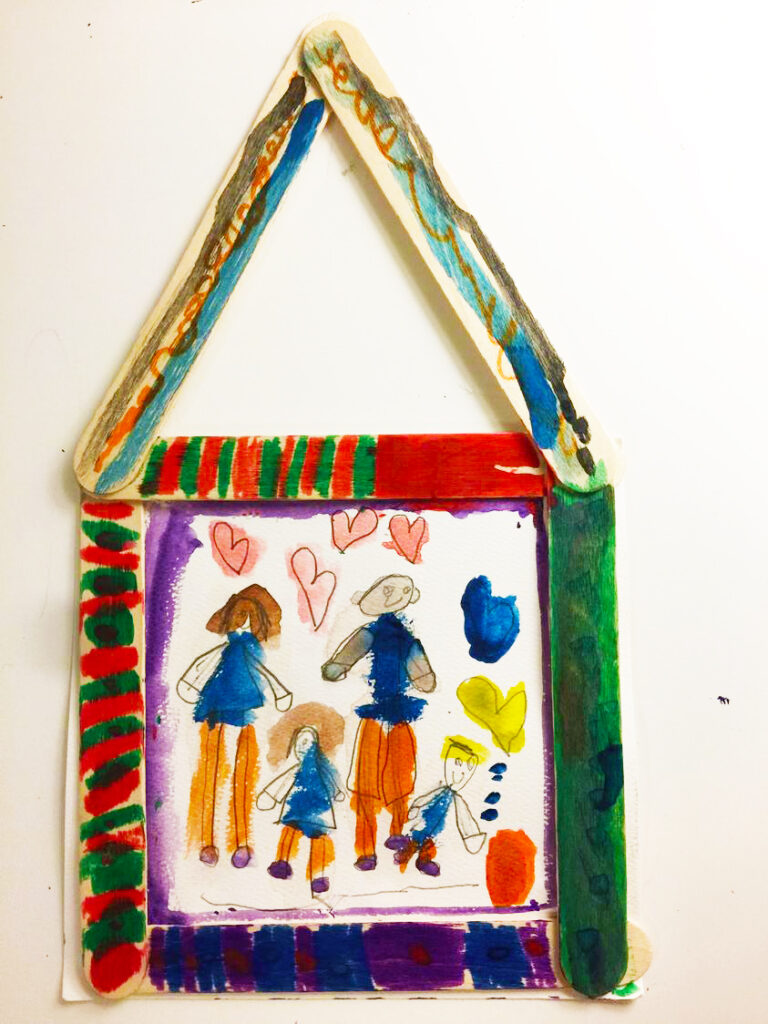
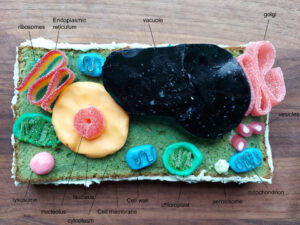
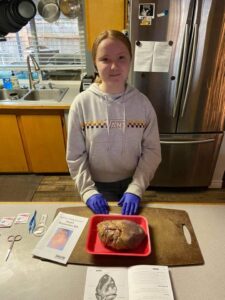

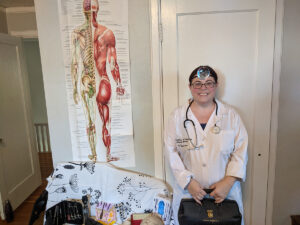

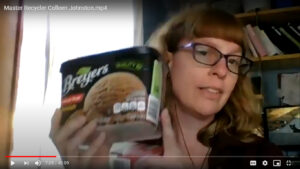

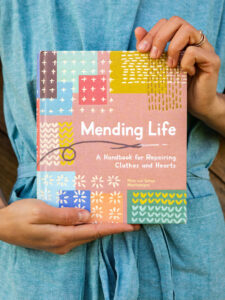

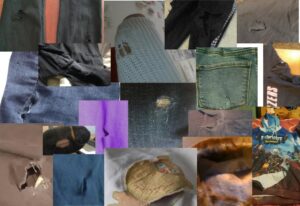

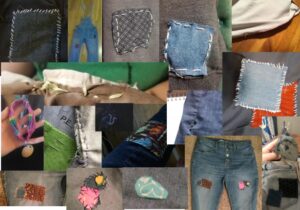

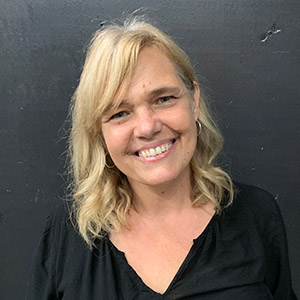 Kimberley spent ten years teaching preschool through third grade at Trillium Charter School and has spent the years since teaching grades K through 2nd.
Kimberley spent ten years teaching preschool through third grade at Trillium Charter School and has spent the years since teaching grades K through 2nd. 
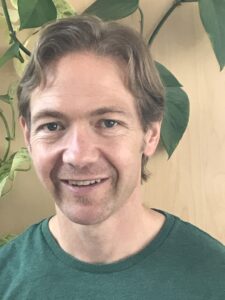
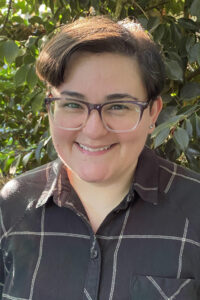 Laine is a 4/5 teacher, and no stranger to CSCS! Laine first worked with our students in grades K-8 as a math intervention teacher. They completed their student teaching in both 3rd and 5th grades at Chapman Elementary. They also completed two years of public service as a math teacher through AmeriCorps doing interventions with 7th and 9th grade students. Prior to their teaching career, Laine spent 10 years as a fundraising professional supporting cultural preservation for Alaska Native tribes. With the desire to be “on the ground” in direct service and with a passion for culturally responsive education, Laine pursued a Master’s in Education from PSU. At PSU, Laine was part of the arts integration cohort, where they developed lessons that included arts standards in core curriculum. Laine has a Bachelor’s in Music from University of Alaska and has personally experienced the empowering nature of including the arts in primary education. With their interest in social justice and creative expression, they are committed to helping students explore and discover how they can use what is uniquely special about themselves to make meaningful contributions to their community.
Laine is a 4/5 teacher, and no stranger to CSCS! Laine first worked with our students in grades K-8 as a math intervention teacher. They completed their student teaching in both 3rd and 5th grades at Chapman Elementary. They also completed two years of public service as a math teacher through AmeriCorps doing interventions with 7th and 9th grade students. Prior to their teaching career, Laine spent 10 years as a fundraising professional supporting cultural preservation for Alaska Native tribes. With the desire to be “on the ground” in direct service and with a passion for culturally responsive education, Laine pursued a Master’s in Education from PSU. At PSU, Laine was part of the arts integration cohort, where they developed lessons that included arts standards in core curriculum. Laine has a Bachelor’s in Music from University of Alaska and has personally experienced the empowering nature of including the arts in primary education. With their interest in social justice and creative expression, they are committed to helping students explore and discover how they can use what is uniquely special about themselves to make meaningful contributions to their community.
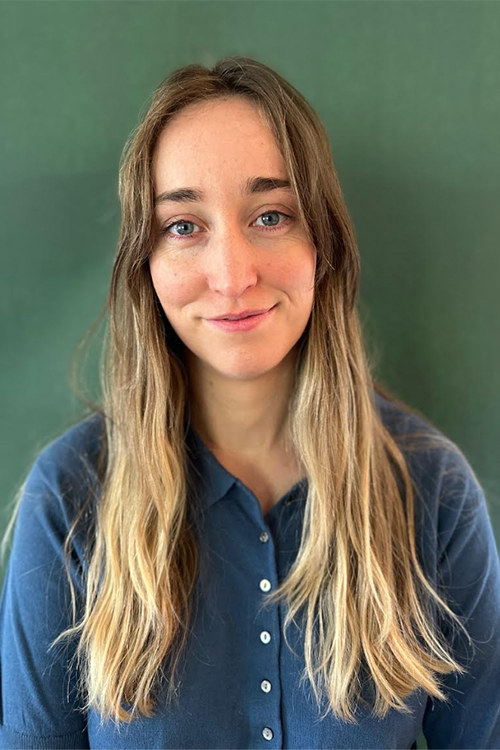
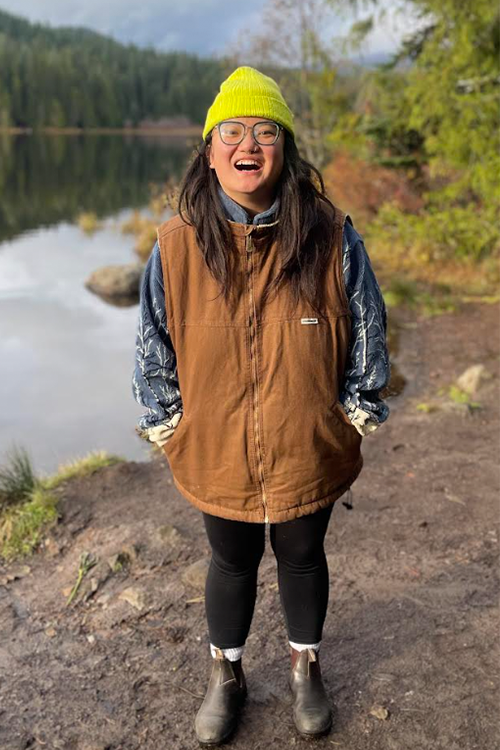
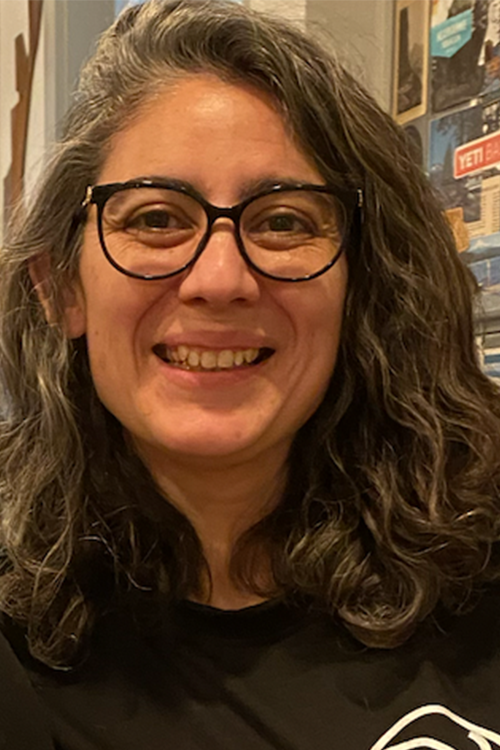
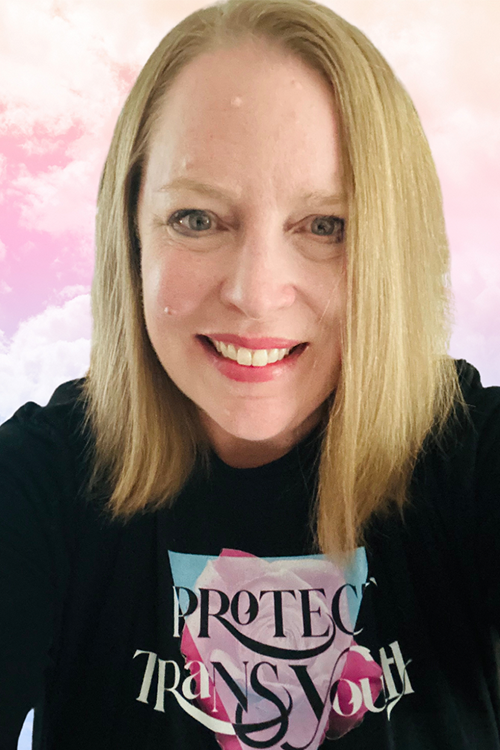 For over 25 years Laura has been serving youth and their families as a transformational leader, curriculum writer, trainer, educator, and advocate. She brings diverse experience working across sectors in schools, non-profits, athletics, mental health, and community based organizations. Lovingly committed to a growth mindset and educating the whole child she is excited to join a team of creative teachers, committed families, and inspiring students.
For over 25 years Laura has been serving youth and their families as a transformational leader, curriculum writer, trainer, educator, and advocate. She brings diverse experience working across sectors in schools, non-profits, athletics, mental health, and community based organizations. Lovingly committed to a growth mindset and educating the whole child she is excited to join a team of creative teachers, committed families, and inspiring students.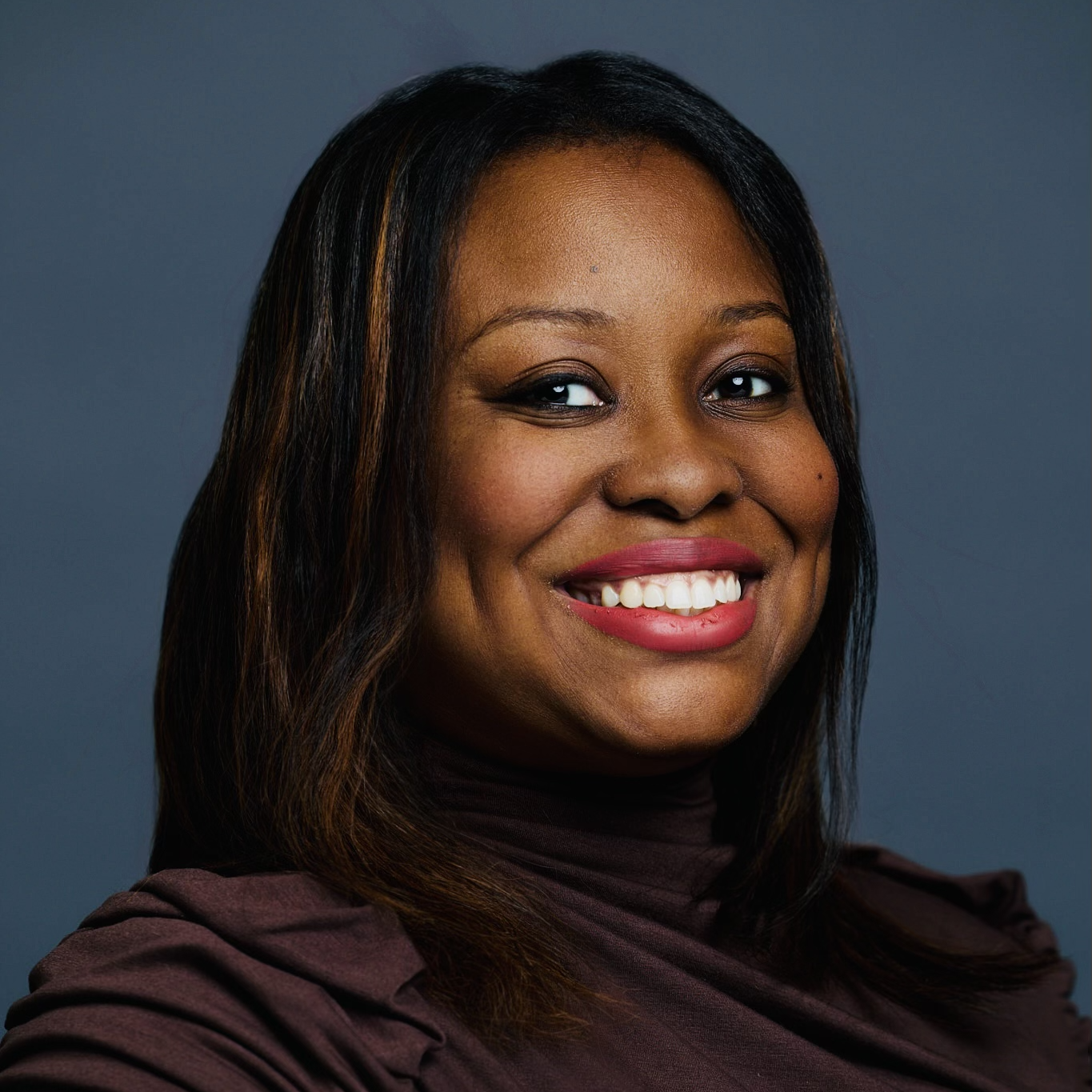
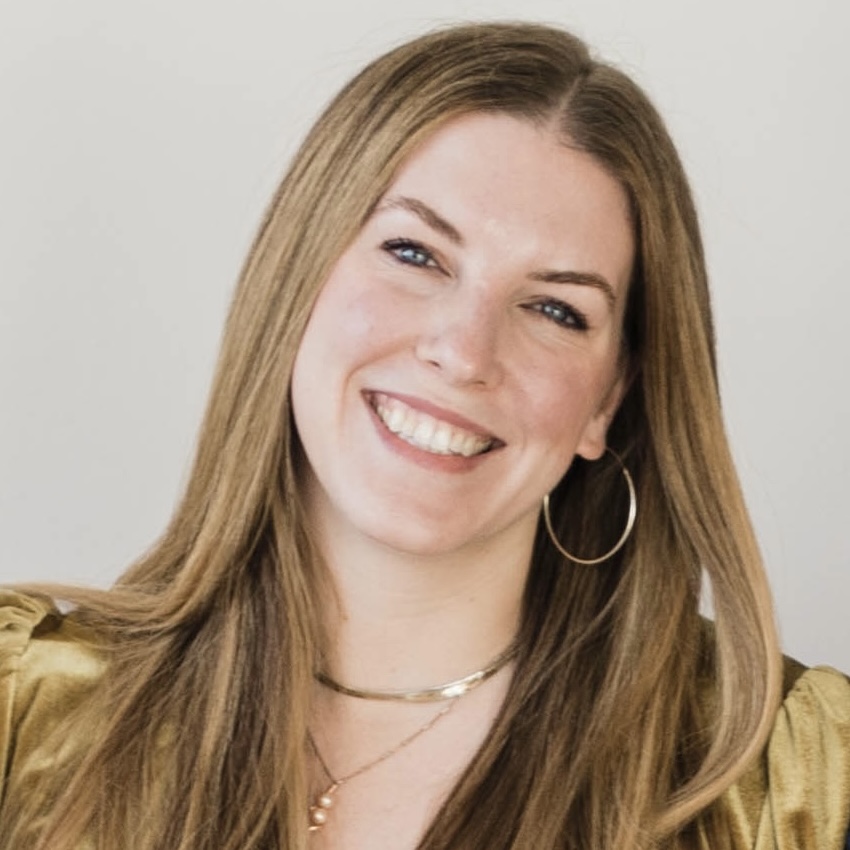
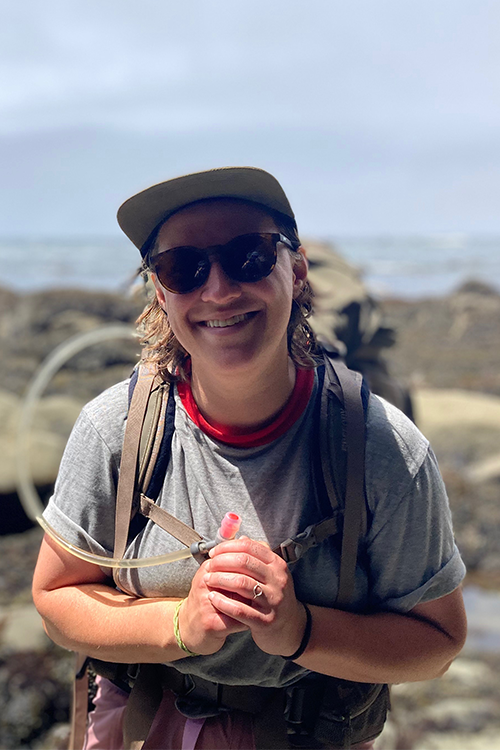
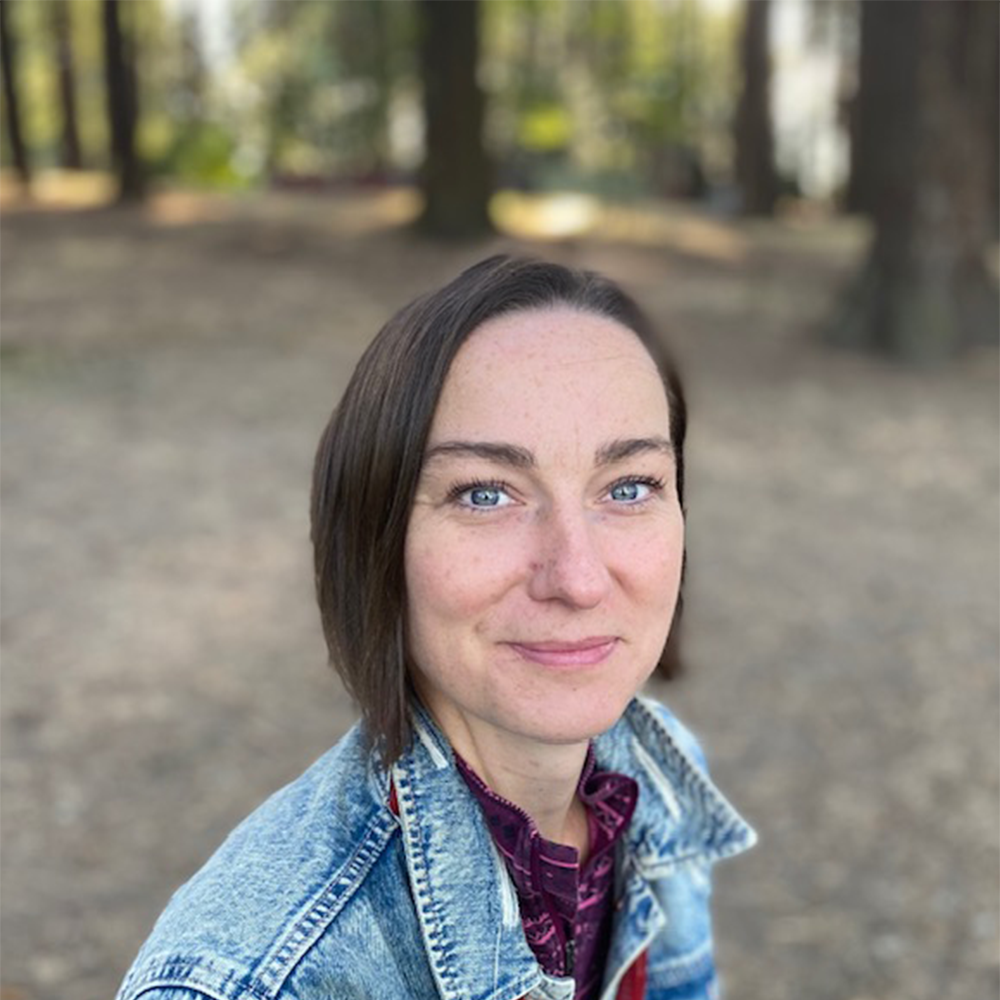
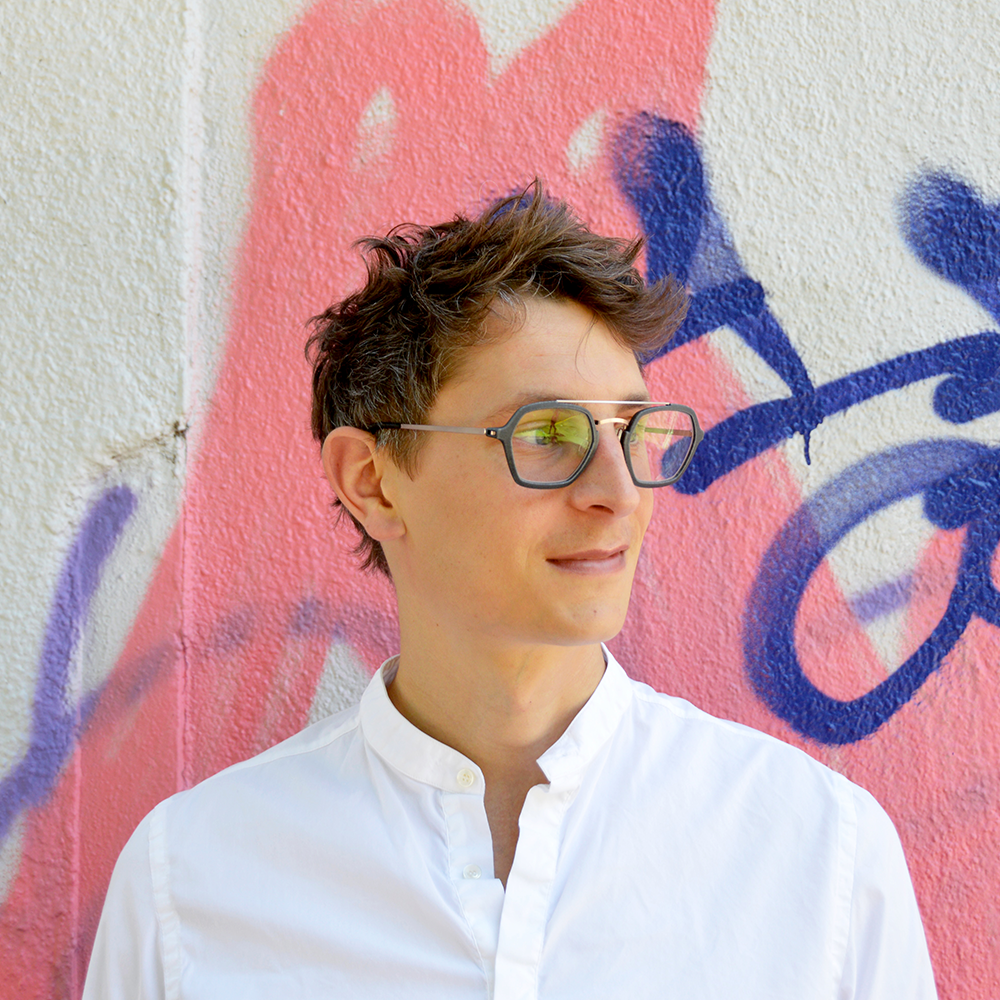
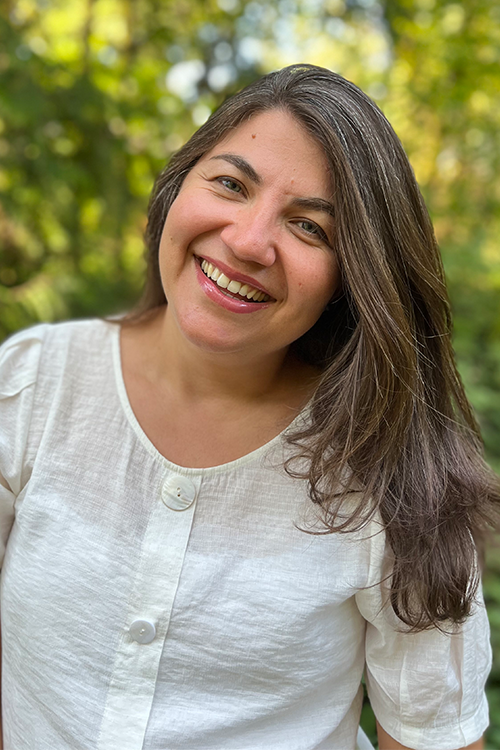 Kristin is Cottonwood’s School Counselor where she supports student social emotional learning, academic engagement and access, and mental health and well-being at school. She is invested in integrating social emotional learning and wellness across our curriculum at Cottonwood. By teaching students to connect with themselves, each other, the wider community and the earth, we can build a more equitable world.
Kristin is Cottonwood’s School Counselor where she supports student social emotional learning, academic engagement and access, and mental health and well-being at school. She is invested in integrating social emotional learning and wellness across our curriculum at Cottonwood. By teaching students to connect with themselves, each other, the wider community and the earth, we can build a more equitable world.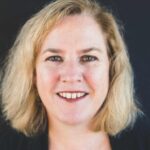 Amanda joined the faculty at Southwest Charter in Fall 2010 as the kindergarten teacher, during the 2014/15 school year she began her transition into administration, becoming the Executive Director in 2016. After being away for 22 years, Amanda returned to her hometown of Portland in 2008 to raise her two boys. Amanda received her Master’s Degree in Education from the Claremont Graduate School, Claremont, California in 1992. With her degree in hand, she has taught in a number of small alternative schools, designed a successful children’s clothing line using recycled materials, and started her own Place-based school in rural Montana. Amanda believes strongly in the power of Place-Based Education and getting children out from behind their desks and into active, hands-on learning! She loves children and is enthusiastic about the outdoors, her community, family, cooking, and crafts.
Amanda joined the faculty at Southwest Charter in Fall 2010 as the kindergarten teacher, during the 2014/15 school year she began her transition into administration, becoming the Executive Director in 2016. After being away for 22 years, Amanda returned to her hometown of Portland in 2008 to raise her two boys. Amanda received her Master’s Degree in Education from the Claremont Graduate School, Claremont, California in 1992. With her degree in hand, she has taught in a number of small alternative schools, designed a successful children’s clothing line using recycled materials, and started her own Place-based school in rural Montana. Amanda believes strongly in the power of Place-Based Education and getting children out from behind their desks and into active, hands-on learning! She loves children and is enthusiastic about the outdoors, her community, family, cooking, and crafts.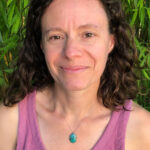 Sarah K. Anderson, was previously our 7th/8th teacher specializing in language arts and social studies, was originally lured to Oregon by its waterfalls. She spent most of her childhood exploring rivers and forests near her rural Vermont home- experiences which provided inspiration for a passion for nature and all things wild. After graduating with a degree in American Studies from Bard College in New York, Sarah served as an AmeriCorps volunteer for Metro Parks and Greenspaces in Portland. Since then, she has worked as a crew leader at an educational farm in Vermont, a Teacher Naturalist in the California Redwoods and a Middle School Humanities teacher at The
Sarah K. Anderson, was previously our 7th/8th teacher specializing in language arts and social studies, was originally lured to Oregon by its waterfalls. She spent most of her childhood exploring rivers and forests near her rural Vermont home- experiences which provided inspiration for a passion for nature and all things wild. After graduating with a degree in American Studies from Bard College in New York, Sarah served as an AmeriCorps volunteer for Metro Parks and Greenspaces in Portland. Since then, she has worked as a crew leader at an educational farm in Vermont, a Teacher Naturalist in the California Redwoods and a Middle School Humanities teacher at The 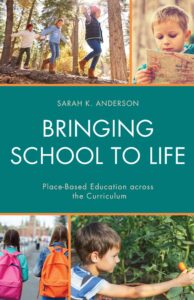
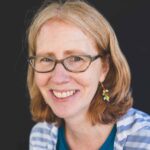
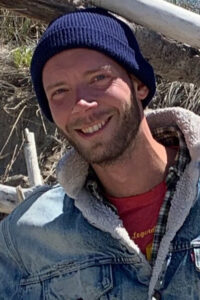 McLean came to Cottonwood in the fall of 2019 as a teacher candidate in Morgen’s 4/5 classroom, before moving to the middle school. He recently earned his Masters in Education from Portland State and works to incorporate music, theater, and storytelling in the classroom each day. Prior to his time at CSCS, McLean served as a classroom assistant and after school teacher at The Ivy School, a summer camp instructor/Earth Mage at Trackers Earth, after school care bus driver, field educator at an environmental non-profit, and Expressive Arts Program Coordinator. Originally from Juneau, Alaska, McLean enjoys backpacking, playing the guitar, looking at maps, creating art, sports, video editing, playing board games, long road trips, and crossword puzzles with his morning coffee.
McLean came to Cottonwood in the fall of 2019 as a teacher candidate in Morgen’s 4/5 classroom, before moving to the middle school. He recently earned his Masters in Education from Portland State and works to incorporate music, theater, and storytelling in the classroom each day. Prior to his time at CSCS, McLean served as a classroom assistant and after school teacher at The Ivy School, a summer camp instructor/Earth Mage at Trackers Earth, after school care bus driver, field educator at an environmental non-profit, and Expressive Arts Program Coordinator. Originally from Juneau, Alaska, McLean enjoys backpacking, playing the guitar, looking at maps, creating art, sports, video editing, playing board games, long road trips, and crossword puzzles with his morning coffee.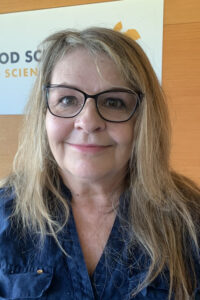 Nancy joined the Cottonwood Special Education team as a half-time learning resource teacher in the Fall of 2020. Over the years, she has evolved as an individual that sees great value in education. In her generation, there were no additional supports for students to develop their areas of weakness. She was a high school drop-out that yearned to be equal. Throughout her life, she strived daily with small challenges that propelled her forward.
Nancy joined the Cottonwood Special Education team as a half-time learning resource teacher in the Fall of 2020. Over the years, she has evolved as an individual that sees great value in education. In her generation, there were no additional supports for students to develop their areas of weakness. She was a high school drop-out that yearned to be equal. Throughout her life, she strived daily with small challenges that propelled her forward.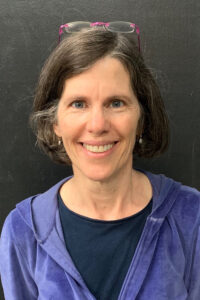 Liza joined the Cottonwood staff in 2018 as the full-time special education teacher. She holds a bachelor’s degree in History from Trinity College in Hartford, Connecticut and a dual Master’s degree in Reading & Special Education from the University of Michigan. Liza grew up in a large family in the Northeast that included a special needs sibling. Before getting her masters, she worked in administrative positions at schools in Boston and Southeastern Michigan. After grad school, she and her husband relocated to the Northwest for access to all of the outdoor activities in the Cascades and Oregon coast. In Portland, she has taught special education at Beaverton High School, Peninsula Elementary and Portland Village School. She is thrilled to be at Cottonwood where she appreciates the close knit community of staff & students along with the school’s place based education mission. In her free time, Liza enjoys spending time with her family in the mountains or at the coast, buzzing around in her EV, and enjoying the many great coffee houses in the Northwest.
Liza joined the Cottonwood staff in 2018 as the full-time special education teacher. She holds a bachelor’s degree in History from Trinity College in Hartford, Connecticut and a dual Master’s degree in Reading & Special Education from the University of Michigan. Liza grew up in a large family in the Northeast that included a special needs sibling. Before getting her masters, she worked in administrative positions at schools in Boston and Southeastern Michigan. After grad school, she and her husband relocated to the Northwest for access to all of the outdoor activities in the Cascades and Oregon coast. In Portland, she has taught special education at Beaverton High School, Peninsula Elementary and Portland Village School. She is thrilled to be at Cottonwood where she appreciates the close knit community of staff & students along with the school’s place based education mission. In her free time, Liza enjoys spending time with her family in the mountains or at the coast, buzzing around in her EV, and enjoying the many great coffee houses in the Northwest.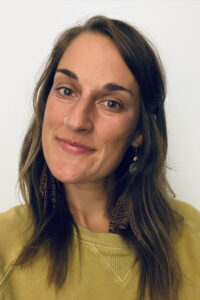 Sara joined the CSCS in the fall of 2021 after working as a substitute in PPS and then teaching a small cohort of 1st graders during the 2020/2021 pandemic year. Sara has always felt connected to being an educator. After completing her undergraduate degree in Environmental Studies, she worked as an educator for the Portland Audubon, and as a wilderness instructor for a nonprofit in Montana. Feeling eager to bring the outdoors into a classroom, Sara then decided to pursue a Masters in Education at PSU. She loves the challenge and artistry that comes with a teaching career and especially enjoys fostering wonder and compassion in children. When she isn’t teaching, Sara enjoys gardening, paddleboarding, hiking and backpacking, seeing live music, creating art with friends, traveling to tropical places, foraging for mushrooms, and diving into a good book.
Sara joined the CSCS in the fall of 2021 after working as a substitute in PPS and then teaching a small cohort of 1st graders during the 2020/2021 pandemic year. Sara has always felt connected to being an educator. After completing her undergraduate degree in Environmental Studies, she worked as an educator for the Portland Audubon, and as a wilderness instructor for a nonprofit in Montana. Feeling eager to bring the outdoors into a classroom, Sara then decided to pursue a Masters in Education at PSU. She loves the challenge and artistry that comes with a teaching career and especially enjoys fostering wonder and compassion in children. When she isn’t teaching, Sara enjoys gardening, paddleboarding, hiking and backpacking, seeing live music, creating art with friends, traveling to tropical places, foraging for mushrooms, and diving into a good book. 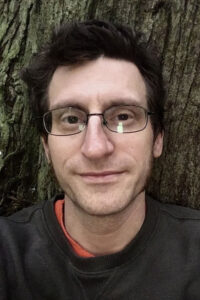 Before coming to CSCS, Dan spent most of his career teaching and writing curriculum for outdoor and environmental education programs. In that time he saw the way experiential education inspired a love for learning and became passionate about finding ways to incorporate those lessons into the classroom. He received a Masters of Teaching from Oregon State University, worked as an educational aide in the supported life skills classroom at Centennial High School, and taught in a 5th grade classroom in the Beaverton School District. When he’s not teaching, Dan loves woodworking, spending time in the wilderness with his partner and two step-sons, and travelling by motorcycle.
Before coming to CSCS, Dan spent most of his career teaching and writing curriculum for outdoor and environmental education programs. In that time he saw the way experiential education inspired a love for learning and became passionate about finding ways to incorporate those lessons into the classroom. He received a Masters of Teaching from Oregon State University, worked as an educational aide in the supported life skills classroom at Centennial High School, and taught in a 5th grade classroom in the Beaverton School District. When he’s not teaching, Dan loves woodworking, spending time in the wilderness with his partner and two step-sons, and travelling by motorcycle.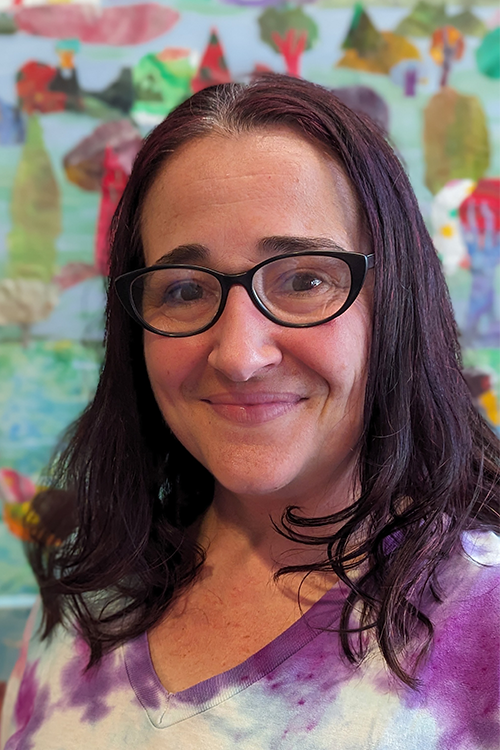 Katt will be supporting our K-3 students in the area of literacy. She has been an educator since 2001, making this her 20th year of teaching. Much of that teaching was done in classrooms, mental health facilities, and students struggling with math and
Katt will be supporting our K-3 students in the area of literacy. She has been an educator since 2001, making this her 20th year of teaching. Much of that teaching was done in classrooms, mental health facilities, and students struggling with math and 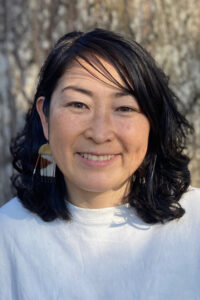 Born in Japan, Yuri originally came to the US to study recreation and PLAY to follow her passion. She has a background in organizing experience-based recreational, educational, and cross-cultural programs and place-making projects both in the US and Japan. In Japan, Yuri spearheaded the creation of a community nature school, where multi-generational community members can gather and share their traditions, knowledge, and stories in and near the sacred forest. Yuri is a trained playworker and a board member for the nonprofit organization, Portland Free Play, which provides creative play opportunities for underserved communities and public school recess programs with recycled scrap materials. At the Cottonwood Adventure Play, children are provided a safe environment with open-ended “loose parts” that empower them to create, collaborate, explore and thrive through this unique program. Yuri has been a school parent for the last 6 years in the Cottonwood community. Outside of school, she enjoys cooking, gardening, designing, and being in nature.
Born in Japan, Yuri originally came to the US to study recreation and PLAY to follow her passion. She has a background in organizing experience-based recreational, educational, and cross-cultural programs and place-making projects both in the US and Japan. In Japan, Yuri spearheaded the creation of a community nature school, where multi-generational community members can gather and share their traditions, knowledge, and stories in and near the sacred forest. Yuri is a trained playworker and a board member for the nonprofit organization, Portland Free Play, which provides creative play opportunities for underserved communities and public school recess programs with recycled scrap materials. At the Cottonwood Adventure Play, children are provided a safe environment with open-ended “loose parts” that empower them to create, collaborate, explore and thrive through this unique program. Yuri has been a school parent for the last 6 years in the Cottonwood community. Outside of school, she enjoys cooking, gardening, designing, and being in nature.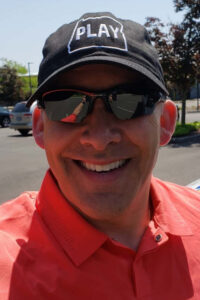 Hey Parents…my name is Spencer Rubin. I am a Beaverton resident…and one of you: A parent.. We began Play.Fit.Fun to provide kids…parents…families opportunities for: More Fun! More Play! More Activity! Plus…empowerment, confidence, respect, socialization, leadership, teamwork, interaction, after school care for kids with working parents…or for parents who simply want their kids to have 1-3 hours of Fun-Activity…in an organized curriculum and positive environment, while socializing with kids their age interpersonally. No Electronics Allowed!
Hey Parents…my name is Spencer Rubin. I am a Beaverton resident…and one of you: A parent.. We began Play.Fit.Fun to provide kids…parents…families opportunities for: More Fun! More Play! More Activity! Plus…empowerment, confidence, respect, socialization, leadership, teamwork, interaction, after school care for kids with working parents…or for parents who simply want their kids to have 1-3 hours of Fun-Activity…in an organized curriculum and positive environment, while socializing with kids their age interpersonally. No Electronics Allowed!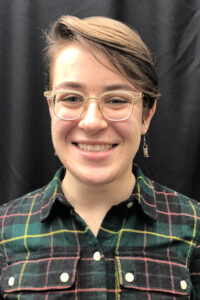 Cinzia (pronounced “Cheen-tzee-uh”) Ballantyne joined Cottonwood in the fall of 2021 as our math interventionist. She is currently our math interventionist and 7/8th grade math teacher. Cinzia hails from Boston, Massachusetts, but has lived in 6 states and 2 countries! She has a degree in biostatistics and biology from Simmons University in Boston. Her background is in insect and plant ecology, but has also been tutoring and teaching in learning centers between field research seasons since college. She loves to bring her experience using math outdoors and her statistics knowledge into the classroom! When she isn’t teaching, Cinzia enjoys cooking Italian food, hiking, photographing nature, watching documentaries, and spending time with her wife and her mom’s dogs.
Cinzia (pronounced “Cheen-tzee-uh”) Ballantyne joined Cottonwood in the fall of 2021 as our math interventionist. She is currently our math interventionist and 7/8th grade math teacher. Cinzia hails from Boston, Massachusetts, but has lived in 6 states and 2 countries! She has a degree in biostatistics and biology from Simmons University in Boston. Her background is in insect and plant ecology, but has also been tutoring and teaching in learning centers between field research seasons since college. She loves to bring her experience using math outdoors and her statistics knowledge into the classroom! When she isn’t teaching, Cinzia enjoys cooking Italian food, hiking, photographing nature, watching documentaries, and spending time with her wife and her mom’s dogs.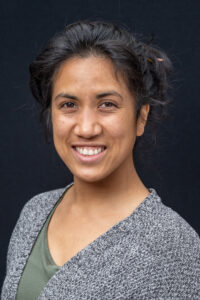 Gina joined CSCS in fall of 2019. She comes with experience of working as a community support specialist assisting adults with varying physical and mental abilities, and as a preschool teaching assistant that cared for children between 3 months and 6 years old prior to that. Growing up in New Jersey has exposed her to many different cultures and social classes which gives her the tender ability to see things from many different angles. As a person who has worn multiple hats since graduating Rutgers University with a Bachelor’s of Science in 2013, she understands that there are infinitely many ways of thinking and viewing the world. This understanding helps her guide those who may deviate from the standard towards discovering their strengths, so that they can develop the skills to eventually pursue their education independently. As a person who came to Portland with next to nothing and found a way to summit mountains, ride 200 miles to Seattle via bicycle, and build a stable and successful life, she knows that everyone around her is way more capable than they realize and it is her mission to show them that potential.
Gina joined CSCS in fall of 2019. She comes with experience of working as a community support specialist assisting adults with varying physical and mental abilities, and as a preschool teaching assistant that cared for children between 3 months and 6 years old prior to that. Growing up in New Jersey has exposed her to many different cultures and social classes which gives her the tender ability to see things from many different angles. As a person who has worn multiple hats since graduating Rutgers University with a Bachelor’s of Science in 2013, she understands that there are infinitely many ways of thinking and viewing the world. This understanding helps her guide those who may deviate from the standard towards discovering their strengths, so that they can develop the skills to eventually pursue their education independently. As a person who came to Portland with next to nothing and found a way to summit mountains, ride 200 miles to Seattle via bicycle, and build a stable and successful life, she knows that everyone around her is way more capable than they realize and it is her mission to show them that potential.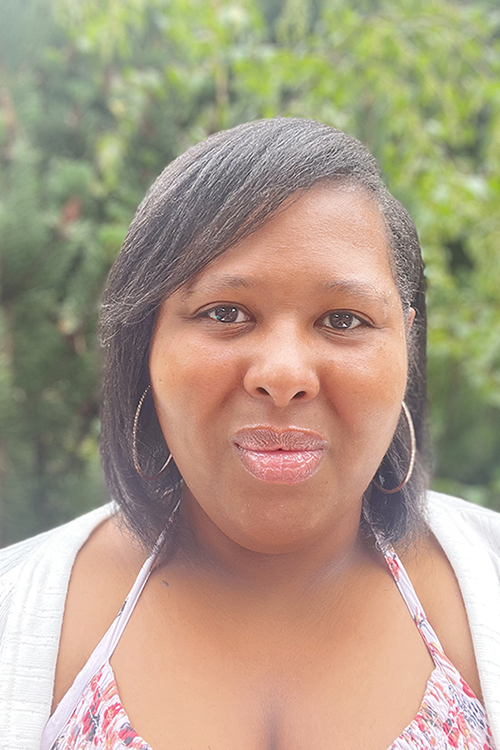
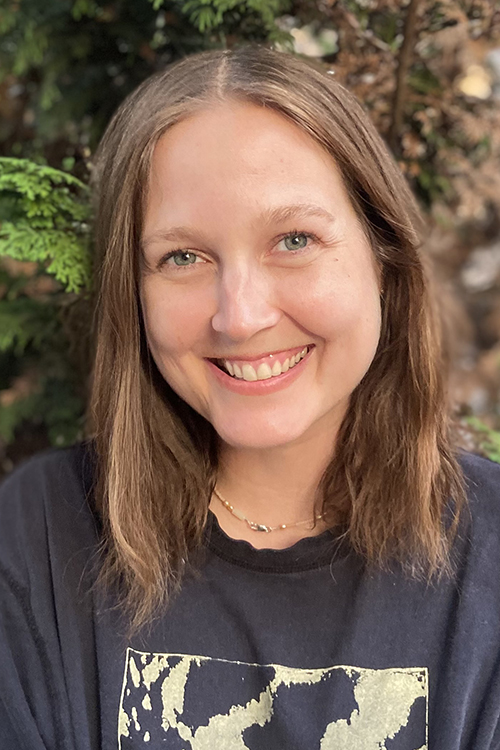
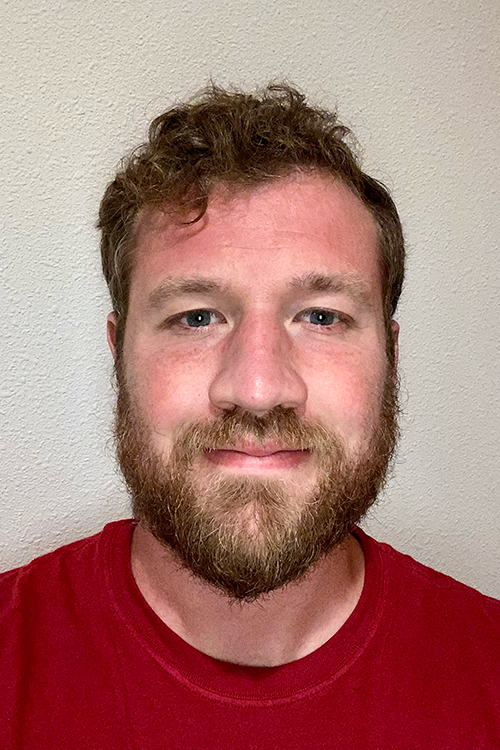
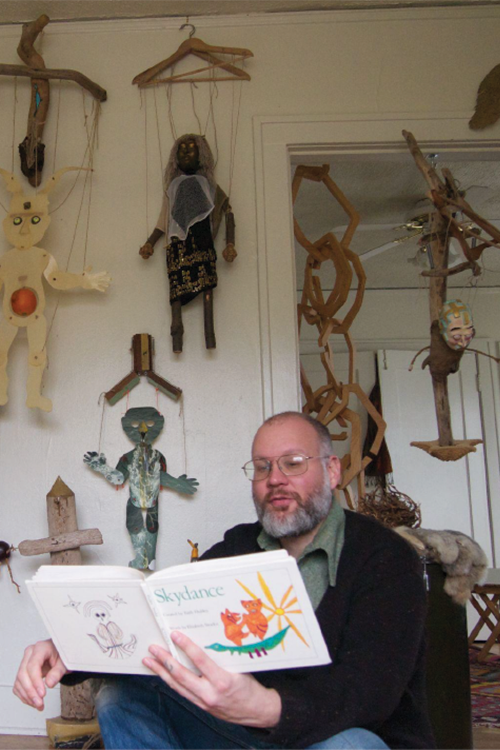
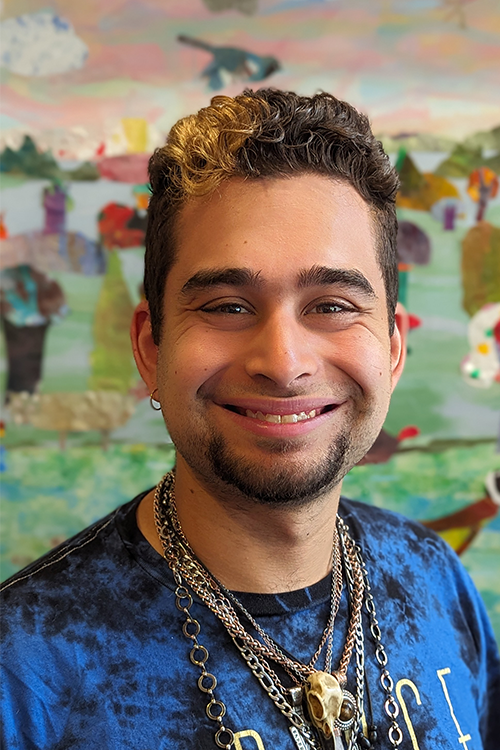
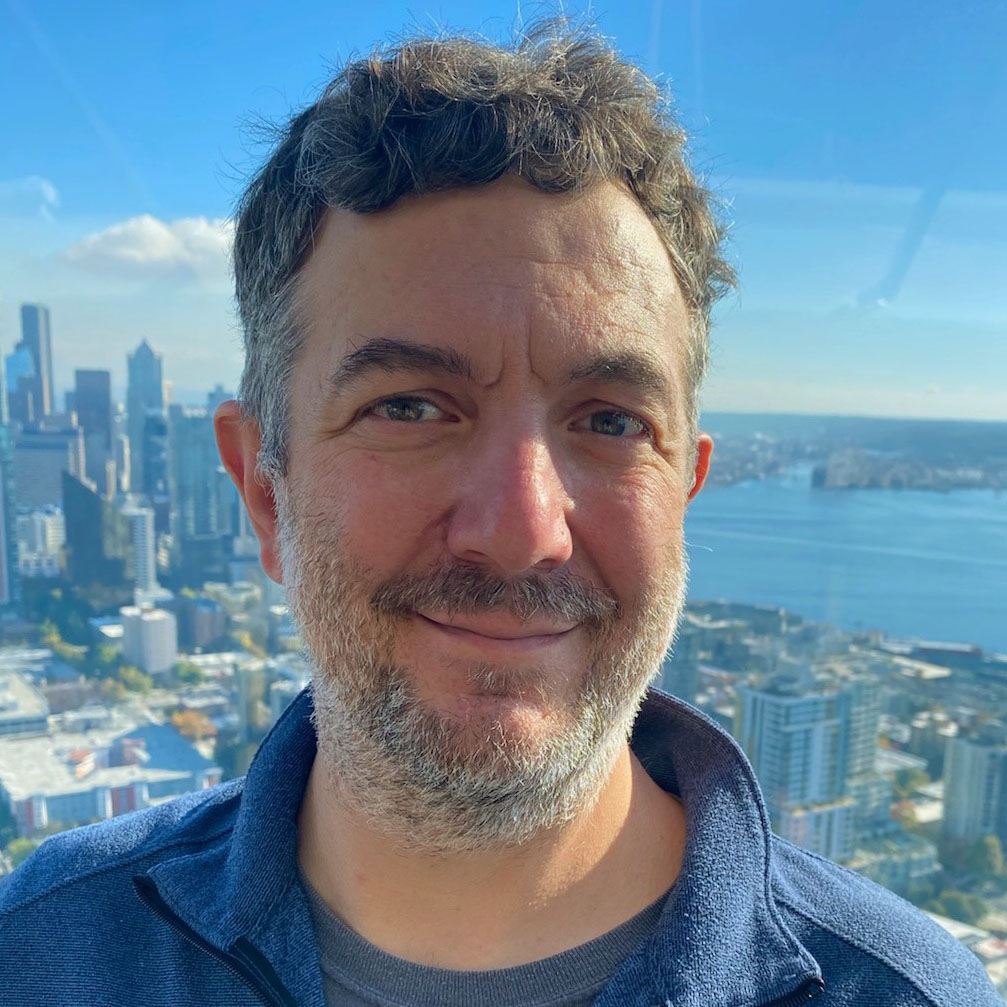
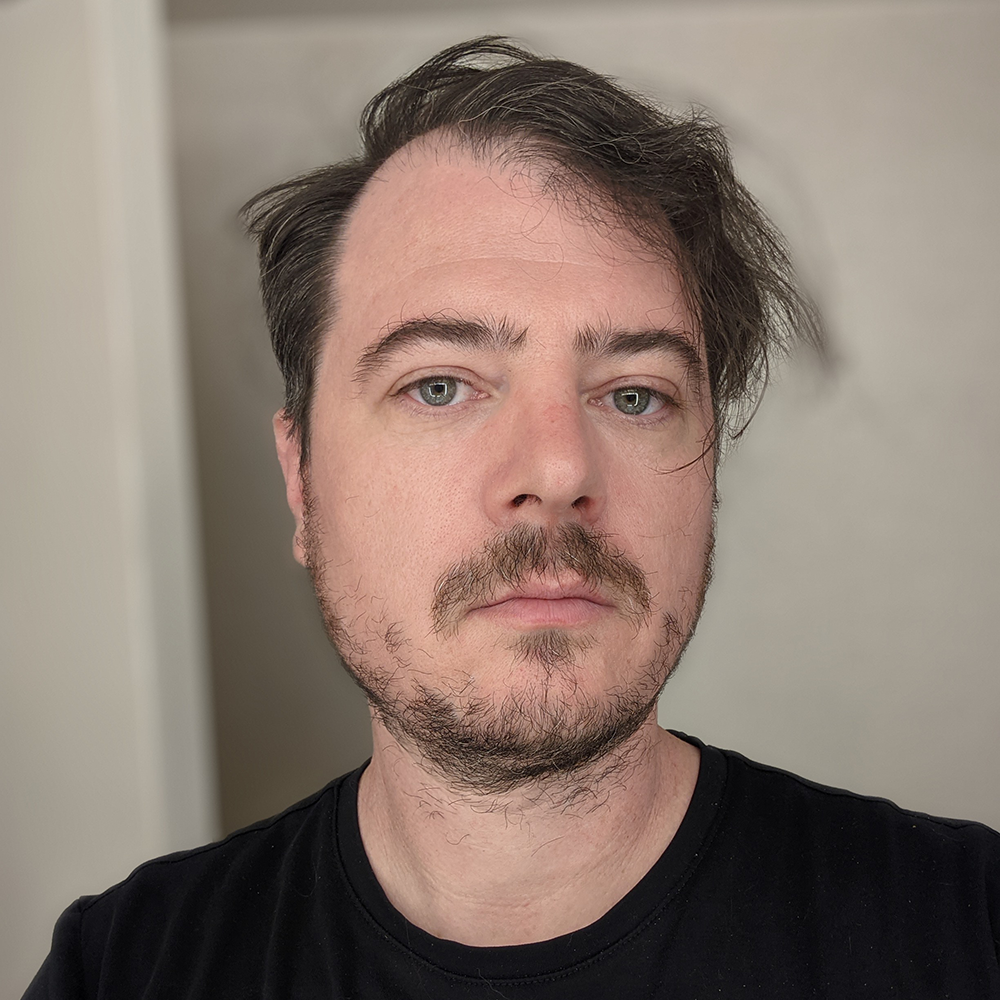
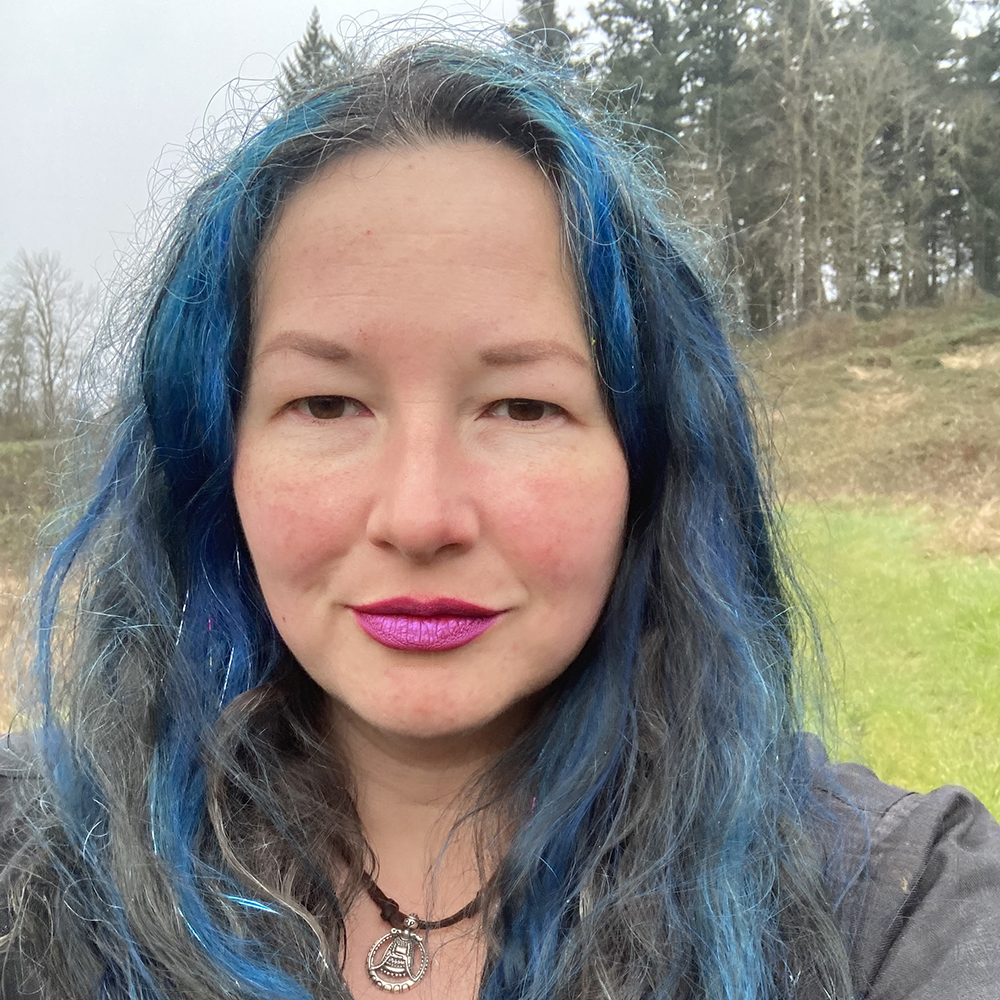
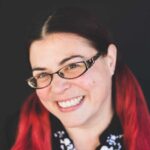 Lisa joined the teaching team at CSCS in 2007. Prior to teaching at SWCS, she worked with the Oregon Museum of Science and Industry (OMSI) where for four years she developed science curriculum and taught students of all ages around the state. Her love of science and exploration began back in Michigan where she and her sister would explore their neighborhood, looking for insects and tinkering in their father’s work shed. That interest would take her to study at the University of Michigan where she discovered she had a talent for teaching and received a Bachelor of Arts in Education with High Distinction. She recently completed her Master’s degree at Concordia. She has taught in a variety of educational settings from large group assemblies, which encouraged a love of theater, to small group classrooms, where she can give individualized attention. Her strong science background is accented by a passion for storytelling, folklore & mythology from around the world. Inspired by those tales, she creates visual art, plays with the Stumptown-Jugthumpers as a washboard player, and is learning how to make puppets. Lisa brings her enthusiasm and talents to share and loves discovering and honing the talents and skills of each of her students.
Lisa joined the teaching team at CSCS in 2007. Prior to teaching at SWCS, she worked with the Oregon Museum of Science and Industry (OMSI) where for four years she developed science curriculum and taught students of all ages around the state. Her love of science and exploration began back in Michigan where she and her sister would explore their neighborhood, looking for insects and tinkering in their father’s work shed. That interest would take her to study at the University of Michigan where she discovered she had a talent for teaching and received a Bachelor of Arts in Education with High Distinction. She recently completed her Master’s degree at Concordia. She has taught in a variety of educational settings from large group assemblies, which encouraged a love of theater, to small group classrooms, where she can give individualized attention. Her strong science background is accented by a passion for storytelling, folklore & mythology from around the world. Inspired by those tales, she creates visual art, plays with the Stumptown-Jugthumpers as a washboard player, and is learning how to make puppets. Lisa brings her enthusiasm and talents to share and loves discovering and honing the talents and skills of each of her students.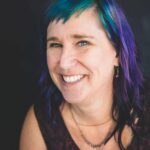 Kathy Price, a former preschool teacher, has been working with CSCS since the opening in 2007 (as Southwest Charter School). In addition to teaching preschool, Kathy has worked with Neighborhood House’s SUN program teaching after school classes to grades K-8. Kathy has a coached many sports over the years including soccer, basketball, gymnastics and dance. Outside of school, Kathy enjoys reading, hiking and long walks on the beach. Kathy has lived in Portland for most of her life and is proud to be bringing up her son in the same neighborhoods in which she grew up. Kathy has taken great joy in raising her teenage son and is grateful she gets to spend time with the amazing kids of CSCS.
Kathy Price, a former preschool teacher, has been working with CSCS since the opening in 2007 (as Southwest Charter School). In addition to teaching preschool, Kathy has worked with Neighborhood House’s SUN program teaching after school classes to grades K-8. Kathy has a coached many sports over the years including soccer, basketball, gymnastics and dance. Outside of school, Kathy enjoys reading, hiking and long walks on the beach. Kathy has lived in Portland for most of her life and is proud to be bringing up her son in the same neighborhoods in which she grew up. Kathy has taken great joy in raising her teenage son and is grateful she gets to spend time with the amazing kids of CSCS.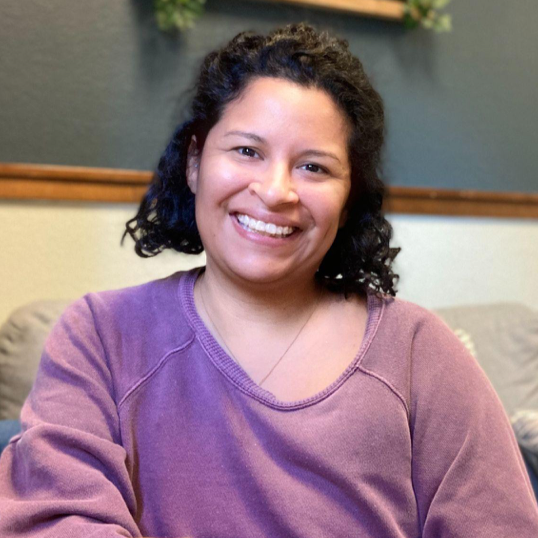
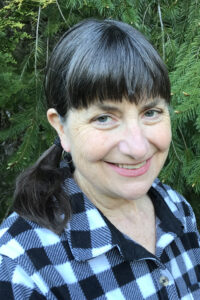 My introduction to this wonderful school was as a parent back in 2009. My child grew up and now is a college student. The mission of CSCS has always been dear to my heart, and I returned in January 2022 to work in the school office.
My introduction to this wonderful school was as a parent back in 2009. My child grew up and now is a college student. The mission of CSCS has always been dear to my heart, and I returned in January 2022 to work in the school office.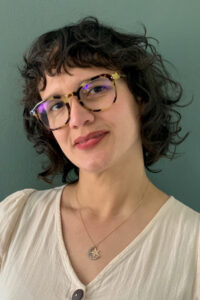 Paola joined CSCS in the fall of 2021 after being a stay-at-home parent to her twins. She graduated with a B.A. in Liberal Studies from San Francisco State University and worked as a Reggio inspired preschool teacher until she transitioned to the role of stay-at-home parent. When her children were toddlers, she started a chapter of Free Forest School in order to connect young children and families to nature. Once her children were of preschool age, she co-created a forest school program in Sacramento, CA. Paola enjoys gardening, food (cooking and seeking out new local options), and exploring Portland with her family.
Paola joined CSCS in the fall of 2021 after being a stay-at-home parent to her twins. She graduated with a B.A. in Liberal Studies from San Francisco State University and worked as a Reggio inspired preschool teacher until she transitioned to the role of stay-at-home parent. When her children were toddlers, she started a chapter of Free Forest School in order to connect young children and families to nature. Once her children were of preschool age, she co-created a forest school program in Sacramento, CA. Paola enjoys gardening, food (cooking and seeking out new local options), and exploring Portland with her family.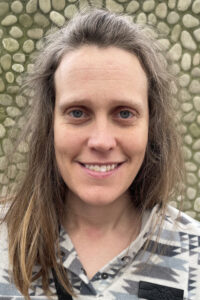 Janelle joined CSCS during the 2021-2022 school year. Before teaching, she was a field scientist in Alaska working for the USGS (United States Geological Survey) and a private consulting firm. Her degree is in Earth Science and Outdoor Studies with a K-8 teaching credential and endorsement in geoscience. Between her science years and teaching years, she also taught outdoor education in California and led wilderness therapy trips in Alaska and Oregon. She enjoys being outside and being a part of the land and feels it is important to instill a sense of place in our students by educating them on who was on this land prior to European colonization. She recently moved up to Oregon from California with her family and their tiny house that they built during the pandemic.
Janelle joined CSCS during the 2021-2022 school year. Before teaching, she was a field scientist in Alaska working for the USGS (United States Geological Survey) and a private consulting firm. Her degree is in Earth Science and Outdoor Studies with a K-8 teaching credential and endorsement in geoscience. Between her science years and teaching years, she also taught outdoor education in California and led wilderness therapy trips in Alaska and Oregon. She enjoys being outside and being a part of the land and feels it is important to instill a sense of place in our students by educating them on who was on this land prior to European colonization. She recently moved up to Oregon from California with her family and their tiny house that they built during the pandemic.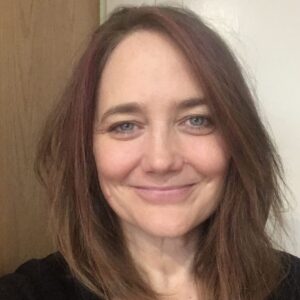 Emily is a passionate explorer… of places, ideas, and what makes people tick. She has been working for the past few years as a Career Coach, helping job seekers navigate the sticky terrain of finding a career fit and snagging their next job opportunity. Before transitioning to career coaching, Emily worked for fourteen years as a university instructor, mainly in the field of World Regional Geography, where she and her students traversed the concepts of human and environment connections in various manifestations across the globe.
Emily is a passionate explorer… of places, ideas, and what makes people tick. She has been working for the past few years as a Career Coach, helping job seekers navigate the sticky terrain of finding a career fit and snagging their next job opportunity. Before transitioning to career coaching, Emily worked for fourteen years as a university instructor, mainly in the field of World Regional Geography, where she and her students traversed the concepts of human and environment connections in various manifestations across the globe.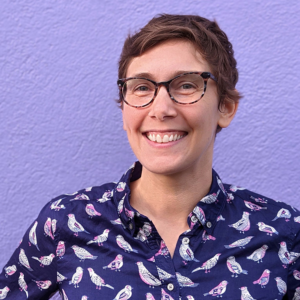 Amy (they/them) is the CEO of NTEN, a Portland-based capacity-building nonprofit that ensures missions and movements are successful through the skillful and equitable use of technology. Amy is also a Cottonwood parent with a daughter in kindergarten.
Amy (they/them) is the CEO of NTEN, a Portland-based capacity-building nonprofit that ensures missions and movements are successful through the skillful and equitable use of technology. Amy is also a Cottonwood parent with a daughter in kindergarten.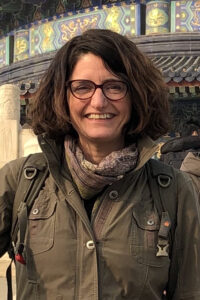
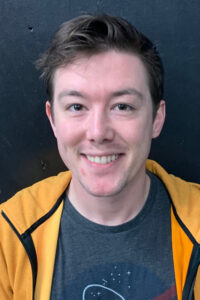 Jake comes to us with great experiences and passion that directly relate to this diverse position. Over the years, through work with Playworks, at a Montessori school, Outdoor School and with the Boy Scouts, Jake has gained experience in teaching games, delivering lessons, and actively keeping kids engaged in fun, physical movement. He has had the opportunity to build skills that support children’s social emotional well being alongside their physical health.
Jake comes to us with great experiences and passion that directly relate to this diverse position. Over the years, through work with Playworks, at a Montessori school, Outdoor School and with the Boy Scouts, Jake has gained experience in teaching games, delivering lessons, and actively keeping kids engaged in fun, physical movement. He has had the opportunity to build skills that support children’s social emotional well being alongside their physical health.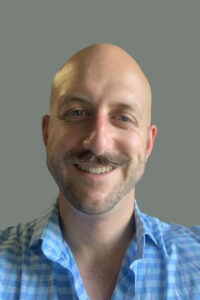 Joe joined the staff as a long-term substitute in the Winter of 2020. He received his Bachelor’s degree from Rutgers University, and his Master’s of Art in Teaching from SUNY Cortland in 2010. He is a passionate reader, writer, and outdoor adventurer who has been teaching and exploring the Pacific Northwest for the past ten years. In addition to several years working with underserved and homeless youth in downtown Portland, Joe has also taught at an American International School in Guatemala City. Joe feels that successful educators must be constantly searching for newer and better ways to connect with and engage their students and be willing to meet and interact with young people in the spaces that they find comfortable. This means being tech savvy and culturally aware, but it also means simply having the confidence and the integrity to treat all people with respect, and approach every learning opportunity with an open mind. He is looking forward to learning more about place-based learning as the year proceeds.
Joe joined the staff as a long-term substitute in the Winter of 2020. He received his Bachelor’s degree from Rutgers University, and his Master’s of Art in Teaching from SUNY Cortland in 2010. He is a passionate reader, writer, and outdoor adventurer who has been teaching and exploring the Pacific Northwest for the past ten years. In addition to several years working with underserved and homeless youth in downtown Portland, Joe has also taught at an American International School in Guatemala City. Joe feels that successful educators must be constantly searching for newer and better ways to connect with and engage their students and be willing to meet and interact with young people in the spaces that they find comfortable. This means being tech savvy and culturally aware, but it also means simply having the confidence and the integrity to treat all people with respect, and approach every learning opportunity with an open mind. He is looking forward to learning more about place-based learning as the year proceeds. Daniel has a Masters in Education from Portland State University. He spent last year in a 4/5 classroom at MLC where he gained experience with this age group, used the Storyline Method during several projects, infused the school day with music, and more. He is passionate about incorporating the arts into each school day; He plays guitar for the children every day and has begun a novel writing project with the class. He has been hard at work building solid routines in math and other areas of classroom life.
Daniel has a Masters in Education from Portland State University. He spent last year in a 4/5 classroom at MLC where he gained experience with this age group, used the Storyline Method during several projects, infused the school day with music, and more. He is passionate about incorporating the arts into each school day; He plays guitar for the children every day and has begun a novel writing project with the class. He has been hard at work building solid routines in math and other areas of classroom life.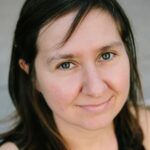 Her teaching journey actually began at our school as a student teacher for Sarah Anderson while earning her Master’s in elementary education at Antioch University. While there she specialized in integrated learning with an emphasis on science and environmental education. She has spent the last four years teaching a blended 2/3 class at Trillium Charter School where she has been committed to creating engaging and relevant projects that connect students to their place. She is passionate about building strong relationships with students and creating a collaborative and inclusive classroom community. We are glad to have her back at our school.
Her teaching journey actually began at our school as a student teacher for Sarah Anderson while earning her Master’s in elementary education at Antioch University. While there she specialized in integrated learning with an emphasis on science and environmental education. She has spent the last four years teaching a blended 2/3 class at Trillium Charter School where she has been committed to creating engaging and relevant projects that connect students to their place. She is passionate about building strong relationships with students and creating a collaborative and inclusive classroom community. We are glad to have her back at our school.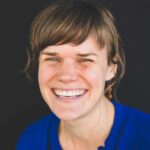 Emily Conner joined Southwest Charter in 2016 as our 7/8 Humanities teacher. Emily has a Masters in Teaching at Lewis & Clark, where she focused on social justice education and promoting an inclusive and inquiring classroom community. Her interest in place-based education began when she lived in Alabama, working toward her MFA in creative writing and farming in Coker on weekends. In her free time, Emily likes to bake bread, doodle, and go on long walks with audiobooks and her dog Ellie.
Emily Conner joined Southwest Charter in 2016 as our 7/8 Humanities teacher. Emily has a Masters in Teaching at Lewis & Clark, where she focused on social justice education and promoting an inclusive and inquiring classroom community. Her interest in place-based education began when she lived in Alabama, working toward her MFA in creative writing and farming in Coker on weekends. In her free time, Emily likes to bake bread, doodle, and go on long walks with audiobooks and her dog Ellie.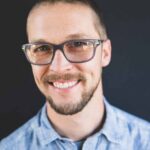 Chris joined the staff as the 7/8 Math and Science teacher in 2014. Chris received his Bachelor’s degree in Biology Education from Ithaca College. He has completed Master’s level work in Educational Technology at Walden University. He spent four years teaching Middle School science at Lower Manhattan Community School in New York City. Chris feels that every interaction and situation presents an opportunity to learn. He has a passion for outdoor education and learning through community. Chris believes that knowing the children we teach is as important as knowing the content we teach.
Chris joined the staff as the 7/8 Math and Science teacher in 2014. Chris received his Bachelor’s degree in Biology Education from Ithaca College. He has completed Master’s level work in Educational Technology at Walden University. He spent four years teaching Middle School science at Lower Manhattan Community School in New York City. Chris feels that every interaction and situation presents an opportunity to learn. He has a passion for outdoor education and learning through community. Chris believes that knowing the children we teach is as important as knowing the content we teach. 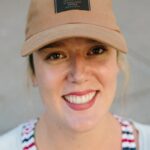 Natalie recently graduated from Oregon State, grew up in Coos Bay, and is an avid horsewoman. We are excited to have her with us full time as a PE Teacher and Recess/Classroom Aid.
Natalie recently graduated from Oregon State, grew up in Coos Bay, and is an avid horsewoman. We are excited to have her with us full time as a PE Teacher and Recess/Classroom Aid.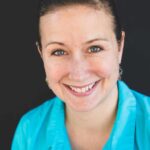
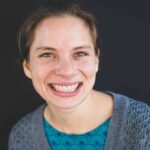 Elizabeth joined CSCS in 2016. She recently graduated with a MAT from the Arbor Center for Teaching in conjunction with Marylhurst University. As part of this program, she had the privilege of co-teaching for two years in a K-1 classroom at the Arbor School of Arts and Sciences, as well as teaching language arts and math units in a 5
Elizabeth joined CSCS in 2016. She recently graduated with a MAT from the Arbor Center for Teaching in conjunction with Marylhurst University. As part of this program, she had the privilege of co-teaching for two years in a K-1 classroom at the Arbor School of Arts and Sciences, as well as teaching language arts and math units in a 5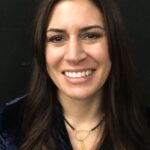 Melissa studied early childhood education before having her own children and moving from California to Oregon in 2012. She worked for several children’s art companies including Kiwi Crate where she designed over 400 of their art tutorials and wrote for their child centered art blog. Melissa’s oldest child started at CSCS her kindergarten year in 2012 and Melissa naturally fell into the art program of CSCS by volunteering in a parent-led art program for two years before coming on board officially as the k-5th grade art instructor in 2015. When she is not teaching art at school and hanging art throughout the halls, Melissa leads a girls group, enjoys cooking, painting and spending time with her family. Coming from a family of 9 siblings she thrives around the energy and the children at CSCS.
Melissa studied early childhood education before having her own children and moving from California to Oregon in 2012. She worked for several children’s art companies including Kiwi Crate where she designed over 400 of their art tutorials and wrote for their child centered art blog. Melissa’s oldest child started at CSCS her kindergarten year in 2012 and Melissa naturally fell into the art program of CSCS by volunteering in a parent-led art program for two years before coming on board officially as the k-5th grade art instructor in 2015. When she is not teaching art at school and hanging art throughout the halls, Melissa leads a girls group, enjoys cooking, painting and spending time with her family. Coming from a family of 9 siblings she thrives around the energy and the children at CSCS.